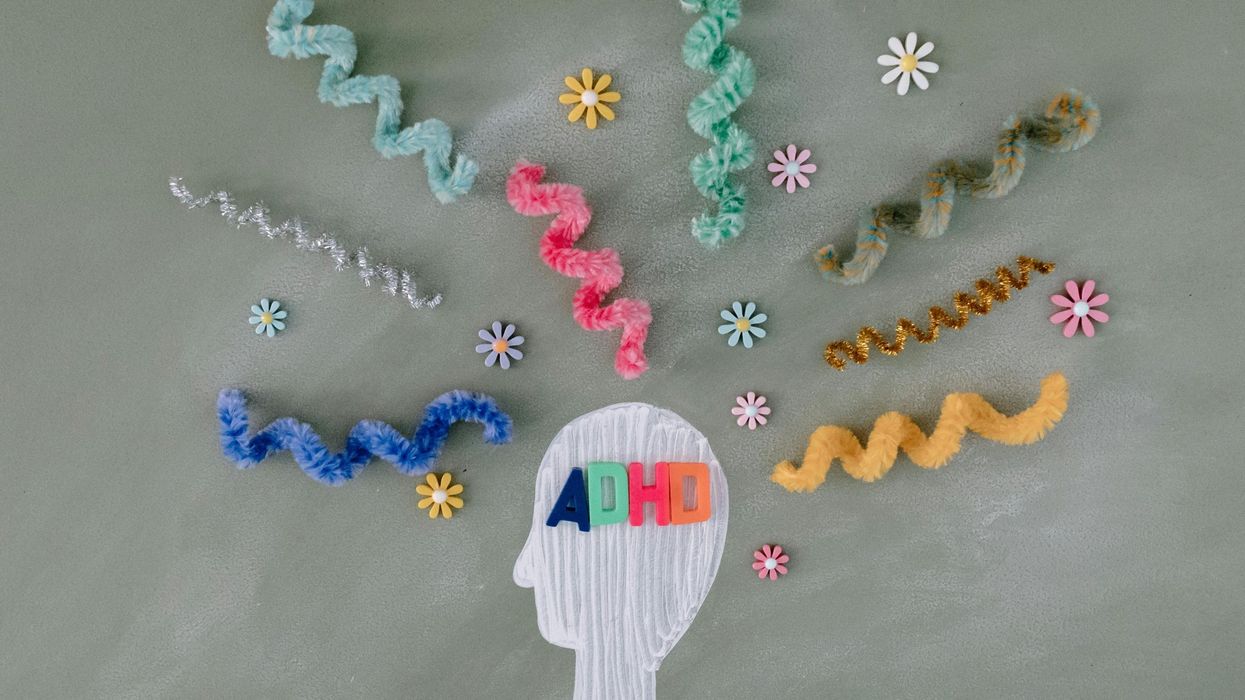Post-covid the NHS received an astounding 4.3 million page views related to ADHD
A new Attention-Deficit-Hyperactive disorder (ADHD) taskforce has been launched by National Health Services England (NHSE) to counter the challenges faced by many suffering from the neurodevelopmental condition.
The ADHD taskforce aligns with the NHS Long Term Plan's vision to revolutionise mental health services, with a specific emphasis on bolstering community-based care and reducing reliance on inpatient services.
The NHS has partnered with the government to tackle the escalating demands including increasing funding, improving system efficiency, altering the service provision model, and clinical prioritisation by bringing together expertise from across a broad range of sectors, including the NHS, education and justice, to help provide a joined-up approach in response to concerns around rising demand.
Over the past two decades, there has been a significant expansion in the acknowledgement and successful medical interventions for ADHD, leading to a steady rise in clinical requests throughout the UK.
However, the growing issue of prolonged waiting times for ADHD treatment has persisted without significant intervention, mainly due to the absence of defined targets for these wait times and the lack of regularly collected nationwide data.
This deficiency is primarily attributed to the absence of established targets for ADHD, unlike those in place for conditions like autism spectrum disorder.
Health leaders revealed that the taskforce's inception follows an exhaustive assessment of ADHD service provision and an analysis of the factors contributing to the surge in demand.
Initial findings highlighted overarching societal challenges such as capacity constraints, medication supply issues, service disparities, and inadequate data reliability, which the expert group will delve into further.
According to the National Institute for Health and Care Excellence (NICE), the prevalence of ADHD in adults is estimated at 3 per cent to 4 per cent, with a male-to-female ratio of approximately 3:1.
This compounds with the statistical data outcomes highlighted by NHSE.
According to it, ADHD emerged as the second most searched health condition on the NHS website in 2023, following Covid-19, with a staggering 4.3 million page views throughout the year.
The new initiative aims to engage with a spectrum of stakeholders, including patients, service providers, Integrated Care Boards (ICBs), primary care services, local authorities, schools, educational institutions, and clinical teams and compile insights that will be published by the end of the year.
This is in addition to NHSE's commitment to developing a national ADHD data improvement plan, conducting in-depth analyses of provider and commissioning landscapes, and showcasing innovative service delivery models from local health systems.
NHS chief executive Amanda Pritchard stressed the urgency of addressing the gaps in ADHD services, emphasising that "NHS staff across the country are working hard to ensure all patients requiring assessments and further support from ADHD services are seen as promptly as possible."
She underscored the complexity of the taskforce's mandate and emphasised the need for collaboration with partners and experts to drive tangible improvements.
Steve Russell, chief delivery officer at NHS England, highlighted ongoing efforts to enhance data collection and streamline pathways for ADHD patients, leveraging insights from the initial review.












